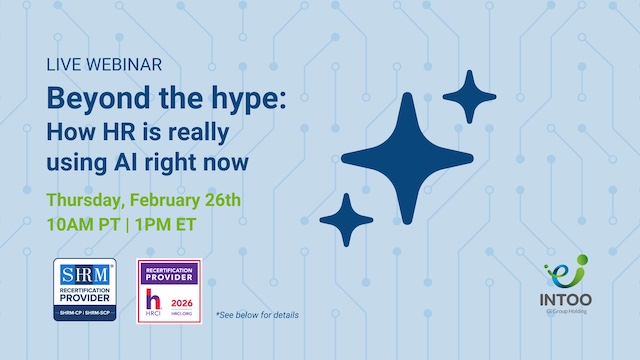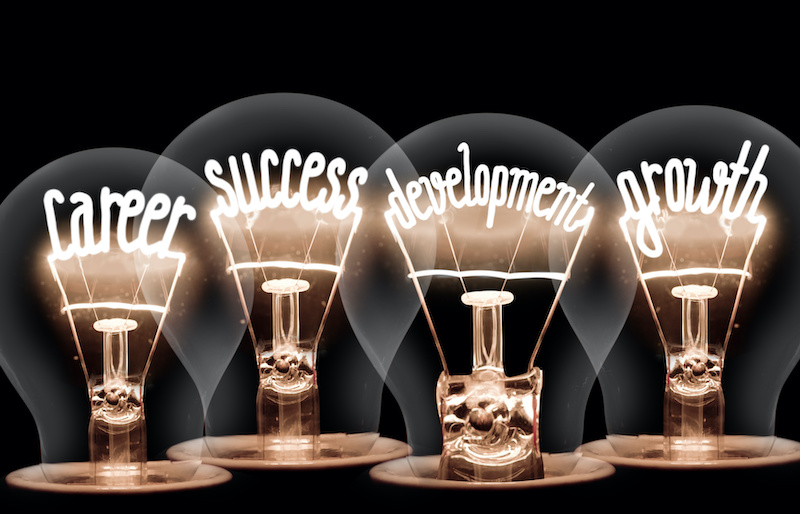“You get what you give,” goes the saying. However, a study is now raising considerable doubt to that assumption and critiquing the culture of overwork.
John Pencavel of Stanford University led a study which found that up to a certain point, working more actually makes you less productive: Employee output fell sharply after a 50-hour workweek, and dives dramatically after 55 hours. At a 70-hour workweek, the extra 15 hours yields little or no result.
We at Intoo published a related report, The 2015 Workplace Flexibility Study, which revealed one of many surprising statistics:
About 1-in-5 employees worked over 20 hours outside of regular office hours.
With an abundance of data challenging the modern workweek, are traditional workplace standards headed towards an imminent shift? Below are three central points on the issue that could explain why your workforce may be less productive:
| 1. | The 40-Hour Workweek is no longer the true standard. |
| It’s a little-known fact that Henry Ford was instrumental in scaling back the then standard 6-day workweek down to the 5-day, 40-hour rule we know today. However, is 40 hours still the true standard? A 2014 Gallup Poll revealed that most “9-to-5” full-time workers are really clocking in 47-hour weeks, with 4 in 10 Americans reporting to work more than 50 hours per week. Have we unofficially reverted back to 1926 standards?Henry Ford’s decision was considered a radical move by many; however, when both profits and productivity rose, companies soon followed his lead. Almost a century later, many today question why a standard set for 1926 factory workers should still apply to the modern employee. With the popularity of wellness and work-life balance programs, are we primed for another historic shift in the modern workweek? | |
| 2. | Technology plays both villain and savior in this narrative. |
Tech advancements have always arrived with the implicit promise of increased efficiency and access. However, instead of saving us time, tech may be taking more time away from us. Our Workplace Flexibility Study found that 1 in 3 employees surveyed felt they were expected to be reachable via phone and email after office hours. While we revealed that about a third of employees regularly take work home, others are claiming that after-hours emails are ruining lives. Although email and smart devices are partially to blame for expanding the workday for the 9-to-5 workforce, mobile tech has also been credited for helping usher the rise of flexible workplace and telecommute arrangements in the past decade. Moreover, the tech industry has become a champion for alternative work environments and work-life balance programs, wherein companies like Treehouse and Basecamp are committing to a 4-day compressed work week and publicly vouching for its merits. Although email and smart devices are partially to blame for expanding the workday for the 9-to-5 workforce, mobile tech has also been credited for helping usher the rise of flexible workplace and telecommute arrangements in the past decade. Moreover, the tech industry has become a champion for alternative work environments and work-life balance programs, wherein companies like Treehouse and Basecamp are committing to a 4-day compressed work week and publicly vouching for its merits. | |
| 3. | 86 percent of the “Best Companies” offer workplace flexibility. |
Although the effects of compressed workweeks on productivity may be harder to determine across industries, but the branding benefits of workplace flexibility are harder to argue against: 86 percent of the Best Companies to Work For offer some type of flexible schedule, including working from home one or more days a week, to their workforce.Read more results from the Workplace Flexibility Study | |
Solutions & Additional Resources
Longer work hours linked to more risky alcohol use
Study investigates how overwork may lead to a heightened risk of excessive drinking.
By Tallulah David












